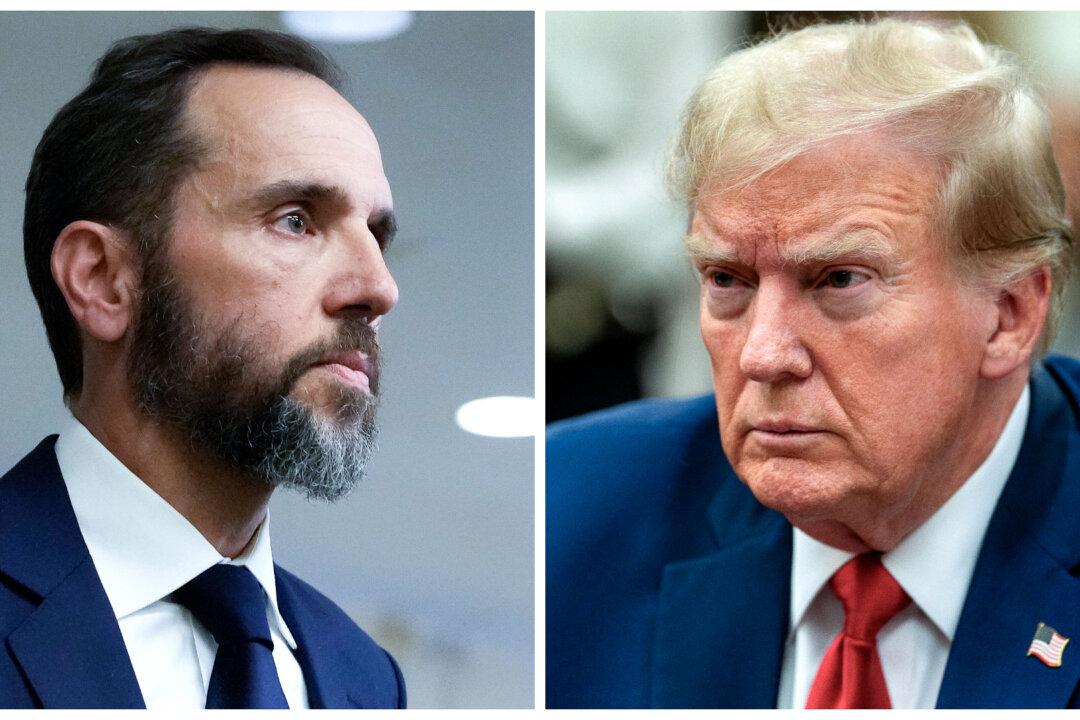On Tuesday, the Washington Circuit Court of Appeals wrote that it could consider questions raised regarding issues that were raised by outside legal experts in former President Donald Trump’s election case.
The court may ask questions regarding whether special counsel Jack Smith was lawfully appointed to oversee President Trump’s case, coming after a former attorney general, Edwin Meese, filed an amicus brief suggesting that he wasn’t.





